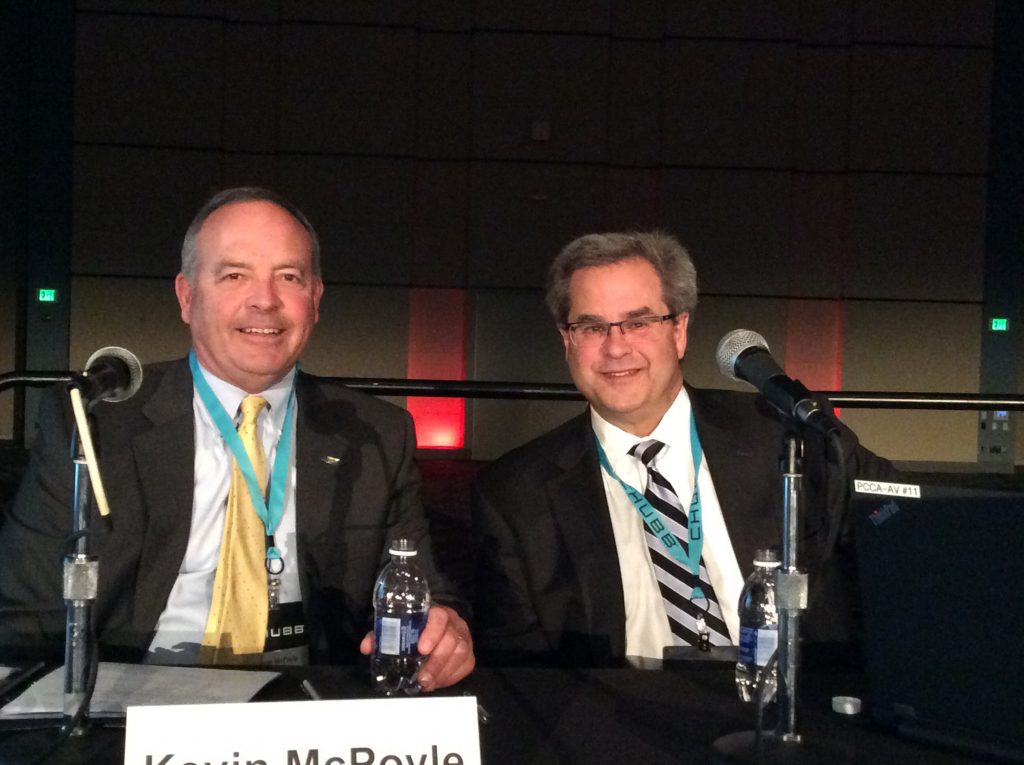Confidentiality of Broker Communications
At Philly I-Day 2016, a session discussed the best practices to protect confidentiality of communications between brokers and their clients. The speakers were:
- Lee Epstein, Esq – Partner, Weisbrod Matteis & Copley PLLC
- Kevin McPoyle – Co-Founder and President, KMRD Partners, Inc.
Often times the first party that an insured communicates with after a major loss is their broker. If these communications fall into the wrong hands it could have a significant impact on potential coverage litigation. A real world example of this is communication around coverage for the World Trade Center following the 9-11 disaster. A judge ruled that the conversations between the insured and their broker was not privileged and were discoverable by the carrier in the coverage dispute. The lawyers brought the brokers into the conversations to obtain their expertise and they expected the privilege to be extended to those conversations. However, the court ruled that the discussions with the brokers were on issues pertaining to the business of insurance and not legal issues.
Attorney client privilege protects confidential communications between attorney and their clients. However, these protections may be lost if the communications are shared with an outside third parties. For example, if the broker is involved in the conversation between the employer and their attorney that may be discoverable. Disclosure of privileged information to brokers or carriers may invalidate the privilege protection of that information.
It is important to distinguish between legal communication and business communication. Business advice is not protected, only legal advice. Discussions between clients and their brokers would never be protected for this reason. Just having a lawyer present does not make it protected communications. Only conversations between clients and their lawyers pertaining to legal issues can be protected. Ultimately, it is the court that will decide if communications are privileged if a dispute arises. The burden is on the party seeking privilege protections to show that the privilege should apply. The assumption is there is no privilege unless otherwise proven.
The question becomes, how do brokers effectively communicate with their client and carriers on potentially disputed issues knowing that these communications will likely not be privileged. There is no such thing as too much information when it comes to this communication. The best way to ensure the client and carrier have the same expectations is through good communication. What does the buyer expect from the insurance coverage? Does that mesh with the carrier’s viewpoint of what the coverage provides? These issues should be worked out during the placement process, not after coverage is bound and there is a claim.


